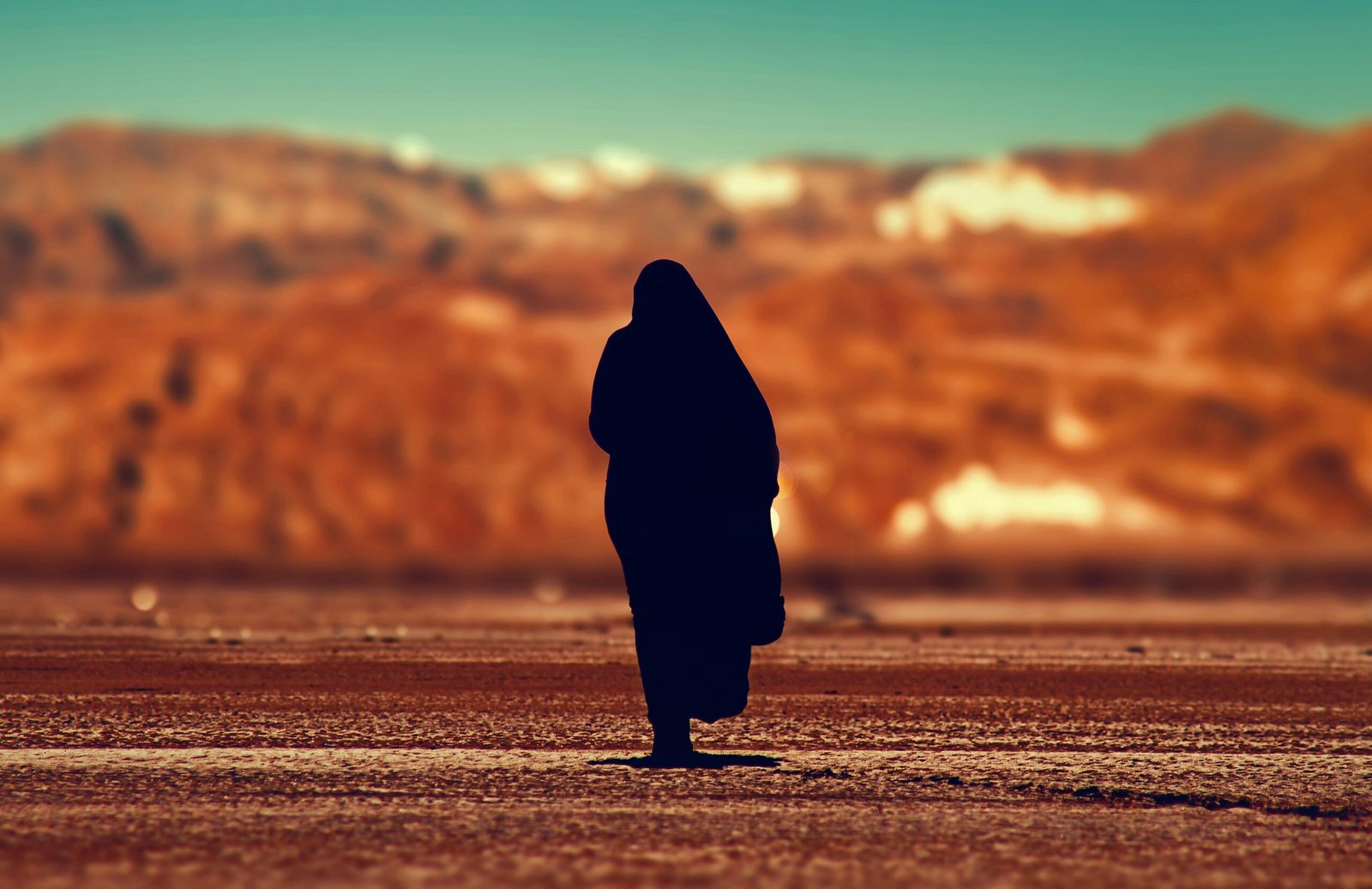Home
Today Is Ramadan Day😊🥰

Understanding Ramadan: Significance and Origins
Ramadan is the ninth month of the Islamic lunar calendar and is considered one of the holiest months in the Islamic faith. Its origins trace back to the year 610 CE when the first revelation of the Quran was bestowed upon the Prophet Muhammad by the angel Gabriel. This event marked a pivotal moment in Islamic history, as it laid the groundwork for the beliefs and practices that would subsequently define the faith. The Quran, revered as the word of God, serves as a guiding text for Muslims worldwide and underpins the spiritual journey undertaken during Ramadan.
The significance of Ramadan extends beyond mere fasting; it encapsulates a time for reflection, devotion, and community. Fasting during this month, known as “sawm,” is one of the Five Pillars of Islam, which are the core beliefs and practices that shape a Muslim’s faith. From dawn until sunset, Muslims abstain from food, drink, and other physical needs, allowing them to cultivate self-discipline and empathy for those who are less fortunate.
Thus, Ramadan not only commemorates the pivotal revelations that shaped Islam but also serves as a reminder of the virtues of self-reflection and communal bonds. These elements culminate in making Ramadan a significant month for spiritual rejuvenation and the reinforcement of faith among millions of Muslims around the globe.
Practices and Rituals: Fasting and Beyond
During the holy month of Ramadan, Muslims worldwide engage in a variety of practices that foster spiritual growth, community bond, and self-discipline. The most prominent practice is fasting, known as Sawm, which takes place from dawn until sunset. The fast involves abstaining from food, drink, and other physical needs during daylight hours. This practice is not merely a form of deprivation but serves a transcendent purpose: it cultivates self-control, empathy for those who are less fortunate, and a renewed sense of gratitude for life’s blessings.
Before the fast begins each day, Muslims partake in a pre-dawn meal called Suhoor. This meal is crucial as it provides nourishment to sustain individuals through the hours of fasting. It is typically consumed before the Fajr prayer, marking the beginning of the fast. After sunset, the fast is broken with a meal known as Iftar. Traditionally, Iftar starts with the consumption of dates and water, following the practice of the Prophet Muhammad. The gathering around the table for Iftar serves not only to nourish the body but also to strengthen family ties and communal bonds.
In addition to fasting, Ramadan includes increased spiritual activities such as additional prayers and reflection. Muslims participate in nightly prayers called Taraweeh, performed after the Isha prayer. These additional prayers, often held in congregation, deepen the spiritual experience and bring the community together in worship. Furthermore, the practice of giving charity, or Zakat, is emphasized during this month. Many choose to give Zakat during Ramadan to support those in need, reinforcing the Islamic commitment to social responsibility.
Community gatherings, whether for prayers or breaking the fast, create a profound sense of unity and devotion, reflecting the true spirit of Ramadan. Through these practices and rituals, Muslims not only fulfill religious obligations but also embrace a spiritually enriching journey that culminates in personal growth and strengthened community ties.
The Spiritual and Communal Benefits of Ramadan
Ramadan is not merely a month of fasting; it serves as a profound period of spiritual growth and communal unity. The psychological implications of fasting are significant, often leading to increased self-discipline. Observing fasts requires individuals to exercise control over their desires, fostering better self-regulation and resilience. This discipline extends beyond just food abstinence, encouraging participants to reflect on their habits and the manner in which they interact with others. Such reflections can inspire personal transformations, driving individuals toward greater self-improvement.
Moreover, Ramadan promotes empathy and compassion, particularly towards those less fortunate. Individuals fasting may experience hunger and deprivation firsthand, allowing them to appreciate the plight of those who face such challenges daily. This enhanced empathy leads to increased charitable actions, as many individuals choose to support community members through acts of kindness, food distributions, and monetary donations. This shared experience leads to a deeper understanding of societal inequalities and nurtures a sense of responsibility towards addressing them.
In addition to personal growth, Ramadan fosters a strong sense of community. The month is characterized by gatherings, shared iftar meals, and communal prayers, which create opportunities for togetherness. Families come together to break their fasts, reinforcing familial bonds, while mosques become hubs of activity as congregants unite for prayers. Such communal experiences cultivate a shared sense of purpose among participants, allowing individuals to feel a part of something larger. The rituals of kindness, cooperation, and support during Ramadan not only solidify relationships but also enhance the feeling of belonging within families and communities.
Celebrating Eid al-Fitr: A Joyous Conclusion to Ramadan
Eid al-Fitr, often referred to as the “Festival of Breaking the Fast,” marks the conclusion of Ramadan, a month characterized by fasting, reflection, and community. This significant occasion serves as both a joyous celebration and a moment for introspection regarding the spiritual journey undertaken throughout the month. It begins with the sighting of the new moon, which signifies the end of the lunar month of Ramadan and the commencement of festivities.
The day of Eid al-Fitr is traditionally initiated with a special prayer known as the ‘Salat al-Eid,’ performed in congregation. This prayer, conducted in mosques or open areas, highlights the importance of community in Islam. It is a time when families come together, donning their finest attire, and showcasing their gratitude for the blessings received during Ramadan. Following the prayer, it is customary for individuals to give ‘Zakat al-Fitr’—a form of charity aimed at helping the less fortunate partake in the celebrations of Eid.
The essence of Eid al-Fitr is not just in the rituals but also in the spirit of giving and gratitude. Families often share meals, exchanging traditional dishes that symbolize their cultural heritage. Feasting on sumptuous treats, such as sweets and baked goods, fills the tables of countless households, celebrating abundance and togetherness. Moreover, gift-giving plays a significant role in the festivities, where friends and family exchange tokens of affection, further enhancing the communal bonds fostered during Ramadan.
Cultural variations across the globe showcase the diverse interpretations of Eid al-Fitr. In some regions, elaborate parades and gatherings mark the occasion, while in others, the emphasis lies in private, intimate family gatherings. Regardless of the customs observed, the focus remains on unity, compassion, and community spirit, reinforcing the fundamental values of the Islamic faith. This day, imbued with joy, is a powerful reminder of the shared experiences and interconnectedness that define the Muslim ummah.
